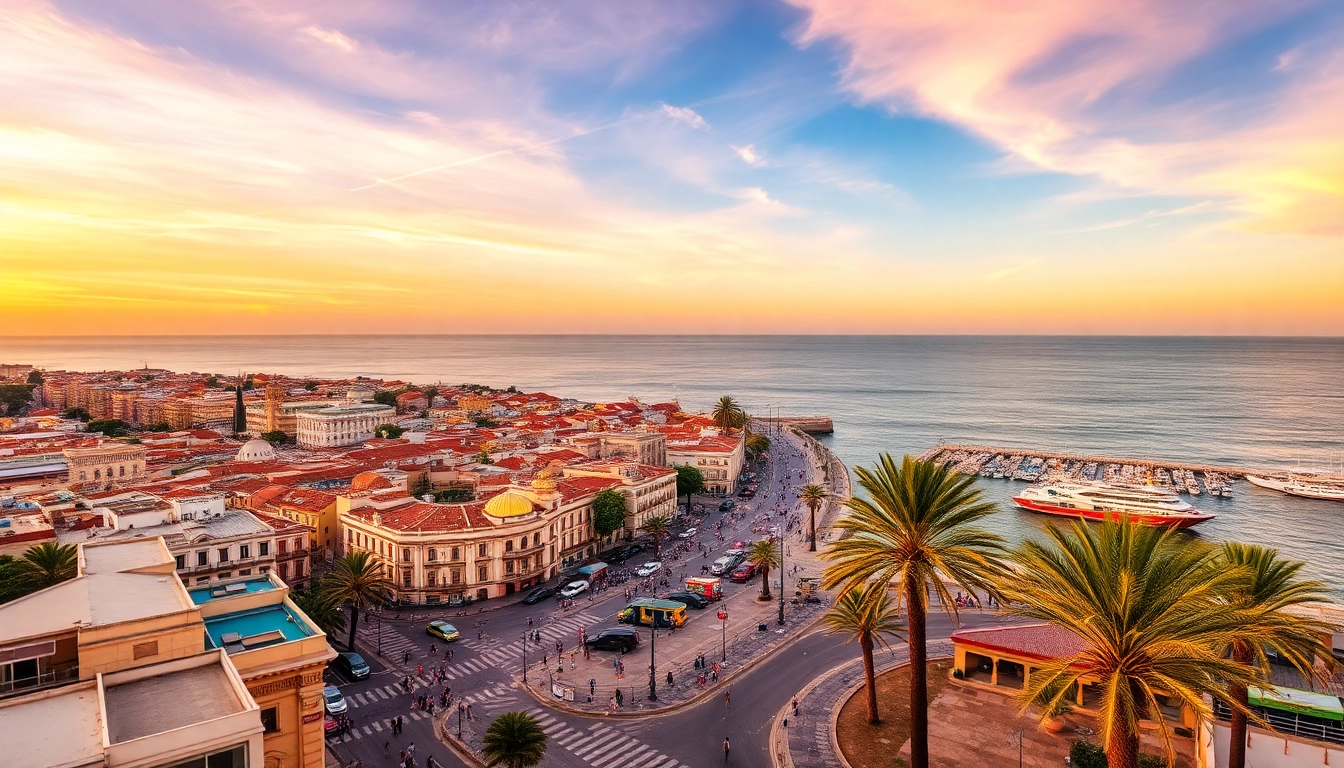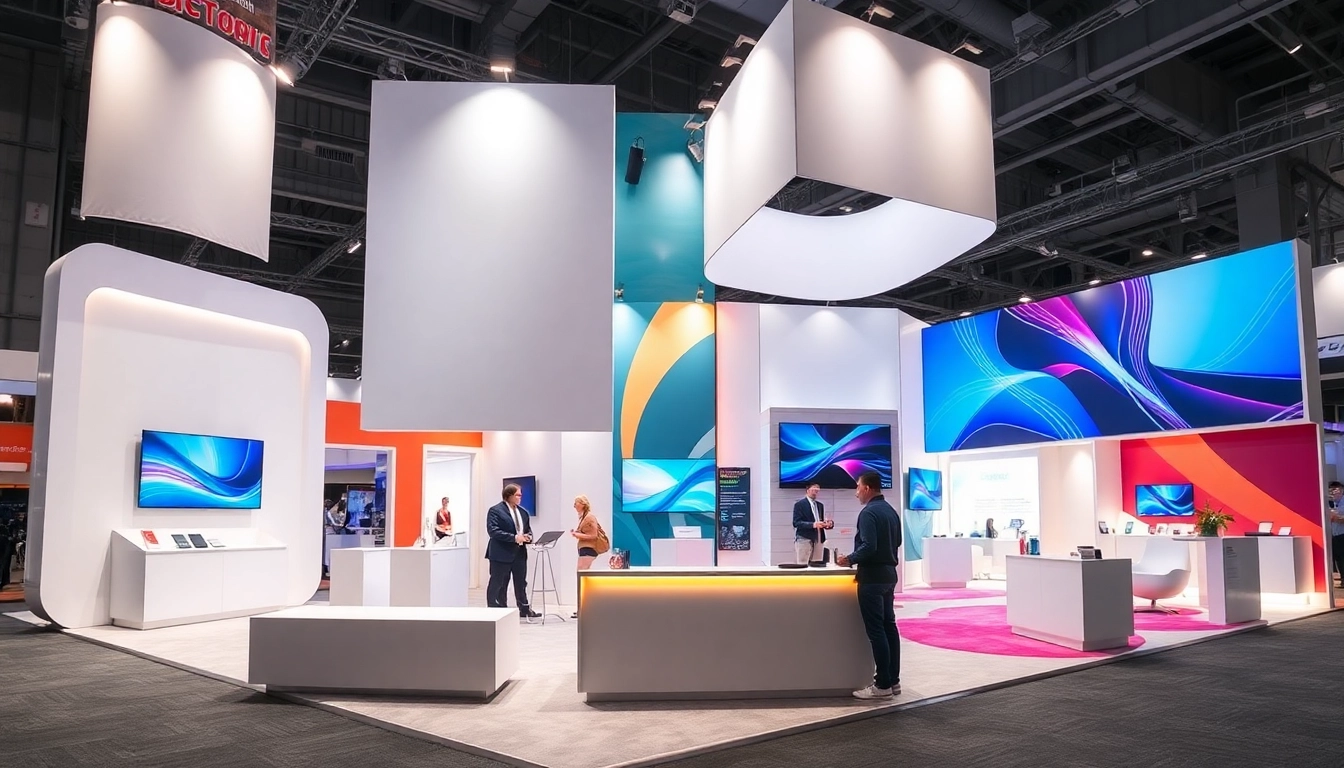1. Overview of Algiers, the Capital of Algeria
Algiers, known as the capital of algeria, is a vibrant and historic city that stands out as a cultural and economic powerhouse in North Africa. Nestled along the Mediterranean coast, Algiers is not only the largest city in Algeria but also serves as the nation’s political and administrative center. The city boasts a rich tapestry of historical influences, picturesque landscapes, and a dynamic urban atmosphere, making it an essential destination for both locals and tourists alike.
1.1 Historical Background of the Capital of Algeria
Algiers has a complex history that dates back centuries. Originally a Phoenician settlement, it evolved through various phases of occupation and influence, including the Romans, Byzantines, and Ottomans. The city reached its zenith during the Ottoman Empire, becoming an important naval base and trade center. In the 19th century, Algiers fell under French colonial rule, which greatly influenced its architecture and urban planning. The struggle for independence is a significant chapter in the city’s timeline, culminating in 1962 when Algeria gained freedom after a long and bitter war.
1.2 Geographical Significance of Algiers
Geographically, Algiers is strategically located on the Mediterranean coast, bordered by the Atlas Mountains to the west and the sea to the north. This prime location has historically rendered it a pivotal point for maritime trade routes. The city is characterized by its beautiful bays and beaches, offering scenic views that attract both locals and visitors. The climate is Mediterranean, with hot summers and mild winters, contributing to its appeal as a year-round destination.
1.3 Cultural Heritage of Algiers
Algiers is a cultural melting pot, reflecting the diverse influences it has absorbed throughout its history. The city embodies a blend of Arab, Berber, and French cultures, showcased in its music, art, and architecture. The Casbah of Algiers, a UNESCO World Heritage site, exemplifies the city’s rich history with its narrow winding streets, traditional houses, and vibrant markets. Additionally, the cultural scene is enriched by numerous museums, galleries, and theaters that celebrate Algerian heritage and contemporary arts.
2. Key Attractions in Algiers, the Capital of Algeria
2.1 Must-Visit Landmarks in Algiers
When exploring Algiers, visitors are welcomed by a variety of remarkable landmarks that highlight the city’s cultural and historical significance. Some of the must-visit sites include:
- The Casbah: A historic medina featuring winding alleys, traditional Berber homes, and stunning views of the Mediterranean.
- The Monument of the Martyrs: A towering structure that commemorates those who fought for Algeria’s independence, offering panoramic views of the city.
- The National Museum of Fine Arts: Showcasing a vast collection of Algerian and international art, this museum is a treasure trove for art enthusiasts.
- The Great Mosque of Algiers: A significant religious site known for its impressive architecture and historical relevance.
2.2 Popular Parks and Recreation Areas
For those seeking relaxation or outdoor activities, Algiers offers several parks and recreational areas. The Jardin d’Essai is particularly famous for its lush gardens, exotic plants, and tranquil atmosphere, making it ideal for leisurely strolls or picnics. Additionally, the coastal promenades along the Mediterranean are perfect for cycling, jogging, or simply enjoying the sea breeze.
2.3 Cultural Institutions in Algiers
The cultural fabric of Algiers is enriched by various institutions dedicated to preserving and promoting local heritage. The National Museum of Antiquities is a must-visit for those interested in Algeria’s rich archaeological history, while the Opera of Algiers hosts a range of performances, from classical music to modern theater, showcasing the city’s artistic endeavors.
3. Local Cuisine and Dining in Algiers, the Capital of Algeria
3.1 Signature Dishes of Algiers
The culinary scene in Algiers is a reflection of its diverse cultural influences. Signature dishes include:
- Couscous: A traditional dish made from steamed durum wheat served with vegetables and meat.
- Chakhchoukha: Shredded flatbread served with a rich sauce typically made from lamb and spices.
- Bourek: Fried or baked pastries filled with meat or vegetables, often enjoyed as an appetizer.
- Mint tea: A staple beverage in Algerian culture, characterized by its sweetness and refreshing mint flavor.
3.2 Dining Experiences in the Capital of Algeria
Dining in Algiers can range from casual street food stalls offering quick bites to high-end restaurants presenting gourmet versions of traditional dishes. The vibrant food markets, such as Marché de la Kasbah, offer an authentic experience where visitors can sample local delicacies and immerse themselves in the bustling atmosphere.
3.3 Recommended Restaurants in Algiers
Some highly recommended dining spots include:
- Le Relais: Known for its elegant ambiance and an extensive menu featuring both local and Mediterranean dishes.
- Restaurant El-Mouradia: Famous for its traditional Algerian cuisine and hospitality.
- Chez Zaki: Offers a relaxed atmosphere with delicious grilled meats and organic dishes.
4. Transportation Options in Algiers, the Capital of Algeria
4.1 Getting Around Algiers
Algiers is equipped with various transportation options that make navigating the city relatively easy. Visitors can choose from taxis, buses, or walking, depending on their comfort and proximity to attractions.
4.2 Public Transport in the Capital of Algeria
The public transport system in Algiers, including buses and the new metro line, is expanding and offers an affordable means of getting around. The metro, in particular, is a convenient option, connecting key historical sites and neighborhoods within the city.
4.3 Travel Tips for Visitors to Algiers
When traveling to Algiers, it is advisable to take precautions such as using registered taxis, avoiding late-night travel in remote areas, and staying aware of local customs. Understanding a few phrases in Arabic or French can also enhance the travel experience.
5. Festivities and Events in Algiers, the Capital of Algeria
5.1 Major Festivals Celebrated in Algiers
Algiers hosts a variety of festivals throughout the year, celebrating its rich cultural heritage. Major events include:
- Independence Day: Celebrated on July 5th, this national holiday features parades, concerts, and fireworks.
- Festival of Mediterranean Cinema: An annual event showcasing films from Mediterranean countries, offering a platform for artists and filmmakers.
- Ramadan Festivities: A month of fasting is followed by community gatherings and food festivals, emphasizing the significance of family and culture.
5.2 Cultural Events in the Capital of Algeria
Throughout the year, Algiers hosts numerous cultural events, including art exhibitions, music festivals, and traditional dance performances that reflect its diverse heritage. These events foster community engagement and provide avenues for local artists and performers to showcase their talents.
5.3 How to Experience the Local Culture in Algiers
For an authentic cultural experience in Algiers, visitors can participate in local workshops, visit art galleries, and attend concerts or theater performances. Engaging with local communities and exploring various neighborhoods will also provide insights into the rich tapestry of Algerian life and traditions.



